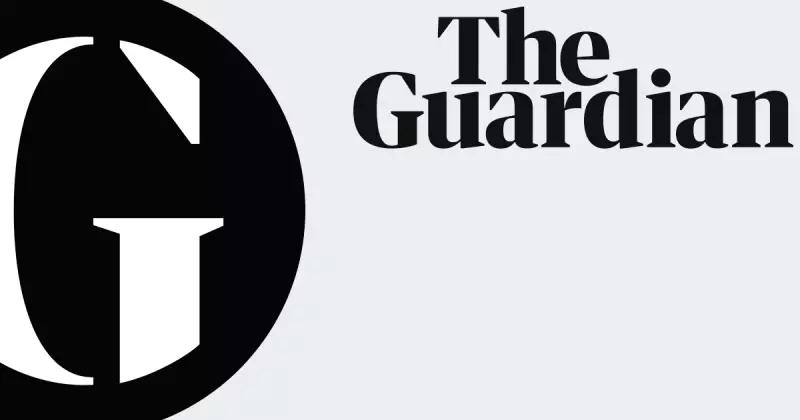
Ella Baron’s latest cartoon has ignited a fierce debate over the UK government’s decision to proscribe Palestine Action, a group known for its direct-action protests against companies linked to Israeli arms trade.
The illustration, published in The Guardian, captures the tension between state authority and grassroots activism, raising critical questions about where dissent ends and criminality begins.
The Cartoon That Divided Opinions
Baron’s artwork portrays a stark contrast between approved and proscribed forms of protest. On one side, orderly demonstrators hold placards under the watchful eye of the law. On the other, masked activists are branded as outlaws, their methods deemed too disruptive for tolerance.
The piece cleverly challenges viewers to consider: Who gets to decide what constitutes legitimate dissent?
Palestine Action’s Controversial Tactics
The group, which specialises in occupying and vandalising arms factories, has polarised public opinion. Supporters hail their actions as necessary civil disobedience against complicity in war crimes. Critics condemn them as dangerous extremism that undermines the rule of law.
Their proscription under counter-terrorism powers marks a significant escalation in how Britain deals with protest movements.
Free Speech Under Scrutiny
Civil liberties organisations warn that banning Palestine Action sets a worrying precedent. "When governments can arbitrarily declare which causes are acceptable," one campaigner noted, "we edge closer to thought policing."
The Home Office maintains the group crosses legal boundaries, but Baron’s cartoon suggests such distinctions may be more about political convenience than principle.
As the ink dries on this latest controversy, one thing is clear: The battle over protest rights in Britain is far from over.





